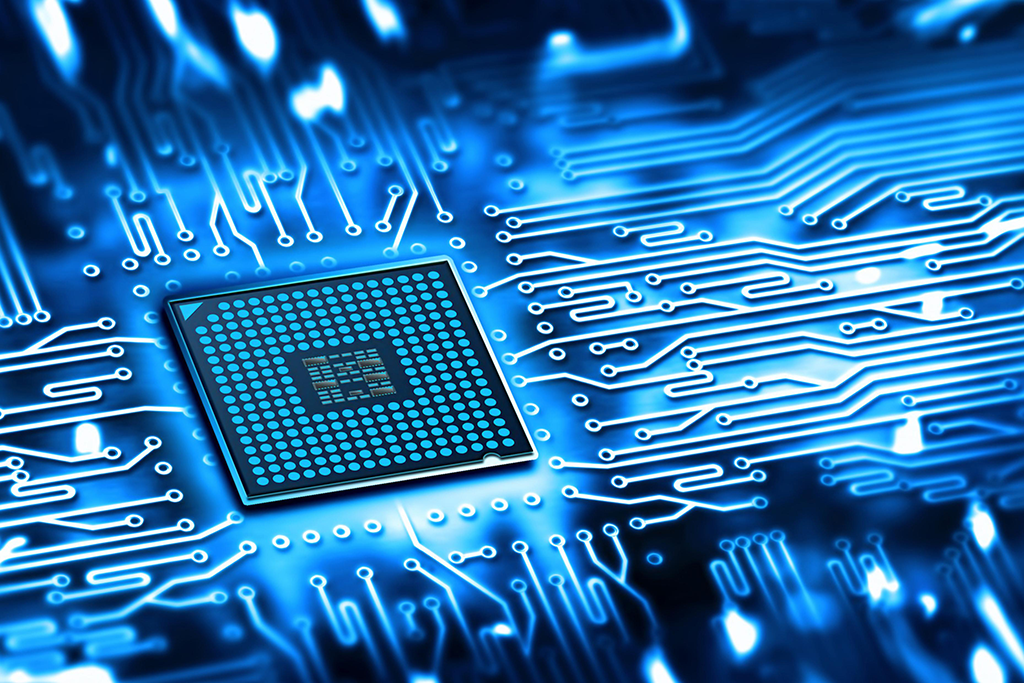
It has grown to become an influential force of change in our lives. While it grants convenience to consumers, it is equally bringing a sea change to industries particularly those dealing in electronics and semiconductors. The paper looks at various effects IoT has created in these fields changing manufacturing, fostering innovation, opening new business opportunities, and shifting sustainability-related practices.
1. Smart Devices and Connectivity:
The most critical element of the IoT revolution is, of course, the rise of smart devices from wearables to home gadgets, common items across the board connect with one another and even share data and information. This increased usage of smart devices has given rise to an increased demand for superior electronic parts and semiconductors, which could handle the complex requirements of IoT enabled devices.
Semiconductor companies are leading this change with the manufacture of chips, which can easily connect, use less power, and efficiently process data. As the IoT devices start to become more common, the need for these special semiconductors keeps growing, pushing the semiconductor industry into a new time of growth and new ideas.
2. Sensor Technology and Data Analytics:
The IoT is fundamentally a concept that lays its premise on gathering data in real time, its analysis, and the action that should ensue. The backbone of IoT devices is essentially sensors in other words, they are the eyes and ears. Sophisticated sensor integration into electronic devices has changed the game in industries as different as healthcare and agriculture.
Advanced sensor technologies have emerged as the prime focus in the field of semiconductors. From environmental to biometric sensors, high efficiency and miniaturization in sensor demand are forcing semiconductor manufacturers to conduct out of the box innovation. The result has been more powerful and energy efficient miniature sensors that are a must for the success of IoT applications.
Data analytics is another important ingredient for IoT, driving semiconductors to the next level in design and innovation. Data analytics involves huge volumes of data and requires high speed computing to run complex algorithms thus, there is a need to develop special chips for the same. Data analytics, working in tandem with semiconductor technology, is opening new vistas for applications ranging from predictive maintenance to industrial automation and smart cities.
3. Edge Computing and AI Integration:
This amount of data generated by IoT devices requires going away from the traditional cloud based computing to more distributed models. Processing closer to the source of generation, edge computing has gained much prominence in the IoT landscape.
Because of this, semiconductor firms are working toward making chips with better processing capabilities that could fit the bill for edge computing. Allowing IoT devices to locally do intensive computation, this processor reduces latency by using centralized cloud servers less often. Integration of AI algorithms in such processors further enhances the decision making capabilities of IoT devices, making them more intelligent and responsive.
This synergy brings about a paradigm shift in semiconductor design through edge computing combined with AI. Companies continue to invest heavily in research and development to develop chips capable not only of efficiently processing data but also of computational power in executing AI algorithms that would unlock new uses for smart applications across various industries.
4. Security Challenges and Solutions:
The bigger influence of IoT devices has raised louder concerns on data security and privacy. Interconnected IoT is prone to a cyber attack, hence it needs serious security measures at both device and network levels.
Semiconductor companies are key players in this space for providing secure hardware components. Hardware based security solutions, such as trusted execution environments and secure enclaves, are fast becoming vital components of semiconductor design for one very important reason: this enables IoT ecosystems to become even more resilient against possible cyber attacks.
Additionally, there is a better way of offering cryptography and key management, which raises the prospects of having tamper resistant chips to further secure IoT devices. As security remains paramount in the industry, in the near future, semiconductor manufacturers will have to collaborate with cybersecurity specialists who are proactive in watching out, studying, and neutralizing emerging threats with the objective of ensuring integrity within IoT systems.
5. Supply Chain Optimization:
IoT based innovation seems to be affecting the entire value chain right from design and production to supply chain management. By facilitating real time tracking and monitoring of assets, IoT technologies are bringing a complete makeover in logistics and inventory management.
IoT is being utilized by semiconductor manufacturing companies in their own supply chain operation. From predictive maintenance of manufacturing equipment to real time tracking of raw materials and finished products, IoT enabled solutions are optimizing efficiency while reducing downtime. Beyond smoothing out production processes, this helps with cost savings and goes some way toward sustainability for the semiconductor industry.
6. Sustainability and Green Technologies:
Green concerns mean that electronic and semiconductor industries are turning an eager interest towards the incorporation of these practices. Most important in this regard, IoT ensures energy efficiency, reduction of wastes, and overall achievement of best environmental performance.
Companies in this industry are developing energy efficient design, usage of materials with a low environmental footprint, and finding eco friendly processes. IoT enabled smart grids and energy management systems reduce energy consumption efficiently. Smart waste management solutions provide the best utilization of resources.
The introduction of sustainability practices into the IoT ecosystem supports global environmental goals and puts the electronics and semiconductor industries back at the helm of responsible innovation.
Conclusion:
The IoT revolution changes the paradigm of both the electronics and semiconductor industries to mark a whole new era in designing, manufacturing, and using devices. This ranges from developing advanced sensors and processors to the challenges in security, supply chain optimization, and sustainability IoT is influencing these aspects multifariously and immensely. The ability of different industries to continue evolving with this collaboration and innovation will help unlock the full potentials of IoT, creating further advancement, thus setting the pace of the technological landscape for many years to come.
Trending Posts

Global Silver Nanoparticles Market
The global silver nanoparticles market was valued at $2.08 billion in 2020, and is projected to reach $4.1 billion by 2027, growing at a CAGR of ~17%

LNG Bunkering – Here is something you must know!
In the current scenario of growing pollution, companies are trying to adapt more and more sustainable approach that not only gives eco-friendly result

The Basic Pension Comes - Federal Cabinet Decides On the Pension Supplement
Financial security in old age is an issue that is causing stomach pains for more and more people in Germany. Low-wage earners fear the elderly. The ba
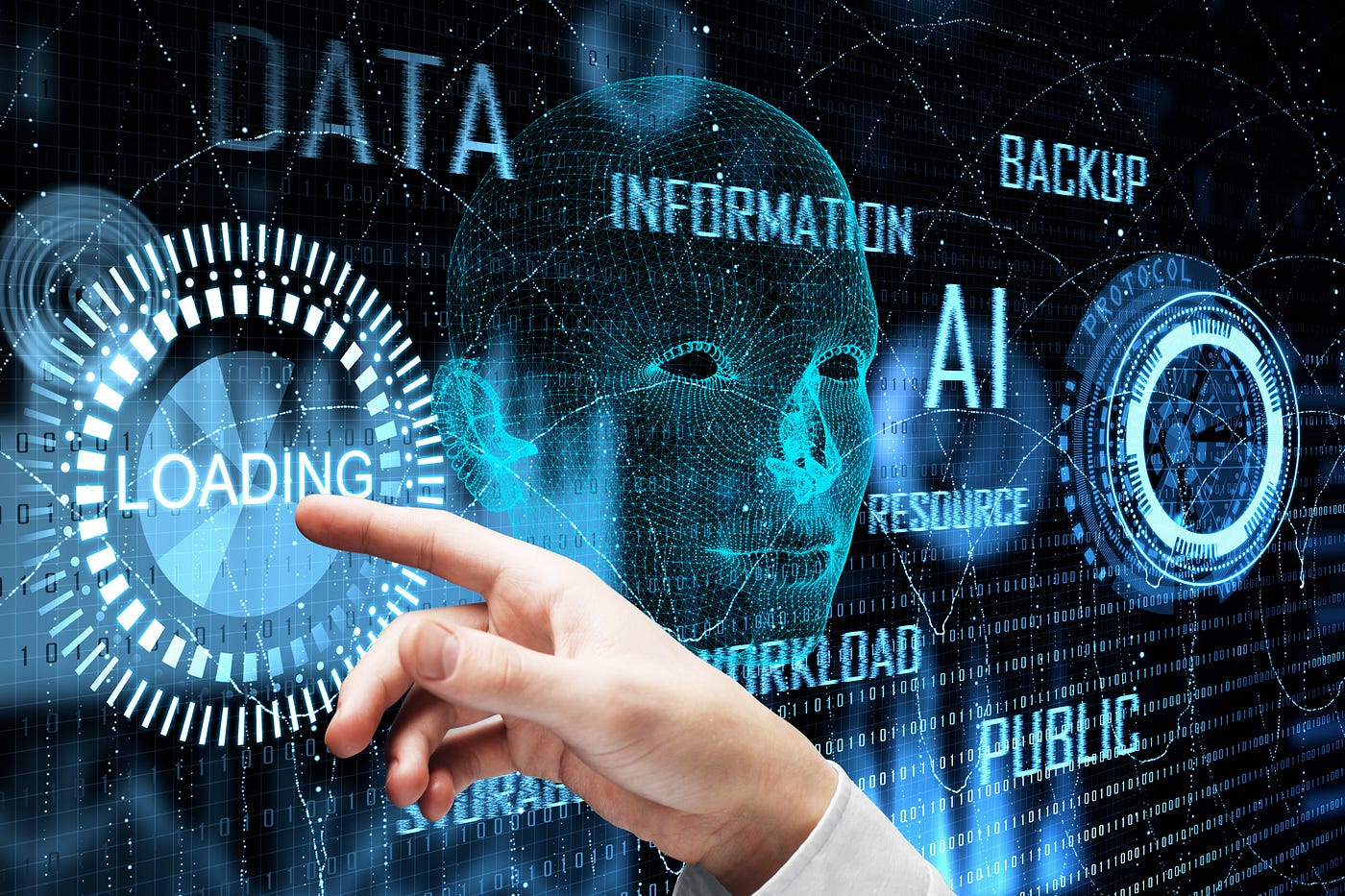
The Future of Artificial Intelligence
In recent years, the field of artificial intelligence (AI) has witnessed unprecedented growth and transformative advancements. As AI technologies

Sailing into the future with Autonomous Ships
Autonomous Vehicles (AVs) are the uproar of this era. After airways, thanks to the companies like Tesla, that people are now getting used to see drive

Rising Demand For Uninterrupted Power Supply Is Expected To Drive The Power Rental Market
Todays world is totally reliant on electric power. There are many things which are not manageable without electricity. Power rental is a concept where

Rapidly growing IT industry coupled with the trend of bringing your own device (BYOD) is expected to provide new opportunities for growth of Cloud Collaboration
Cloud collaboration is the process of sharing and co-authoring the computer-based work through cloud technology
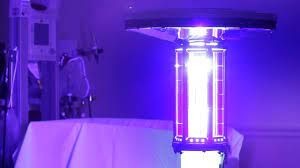
Factcheck on UV Disinfection for COVID-19
Many regulatory authorities and bodies believe that UV disinfection technologies can play a role in a multiple barrier approach to reducing the transm
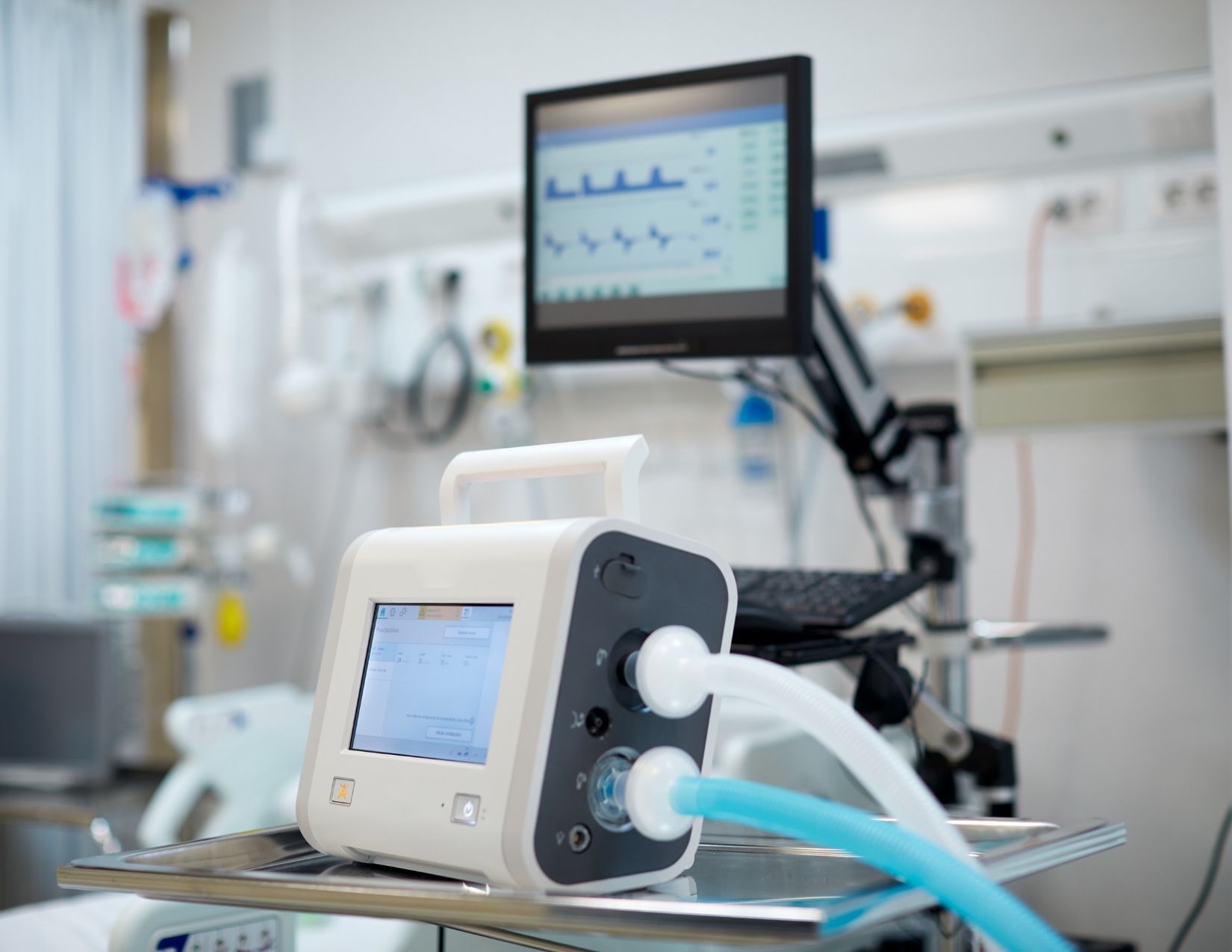
The Global Ventilator Market Grows at a CAGR of 7.75 %
The Global Ventilator Market, which was at $688 million in the year 2016, is about to double by the year 2025, and reach a value of $1,347 million. Th

Vaccination: Vaccination Against Measles is Now Mandatory in Germany
The subject of compulsory vaccination has always heated peoples minds and caused emotionally charged discussions. The latest law in this area - the ob
Recent Posts
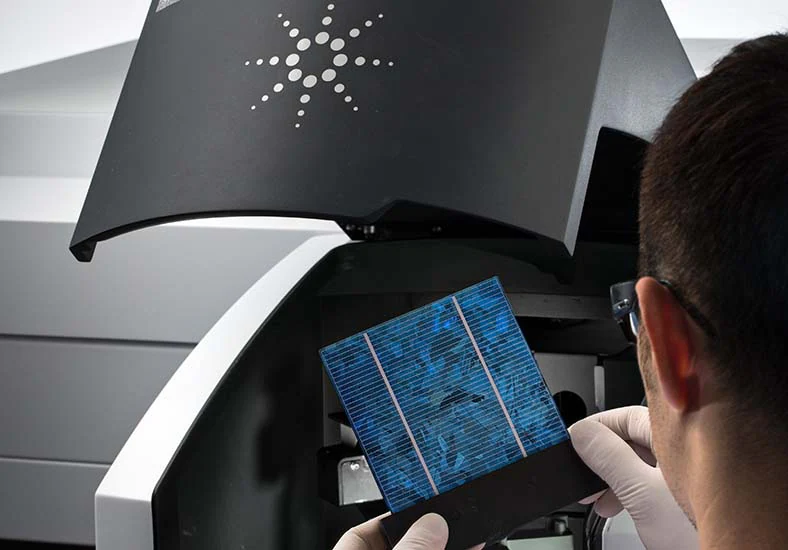
Growth and Future Trends of the Global In-Line UV-Vis Spectroscopy Market
In-line UV-Vis spectroscopy is a powerful analytical tool widely adopted in various industries for real-time monitoring of chemical and biological processes. This market is experiencing robust growth due to its applications in pharmaceutical.

Understanding the Growth Dynamics of the Premium Luggage Market
The market for premium luggage has grown massively over the years. This is attributed to several factors, including a change in consumer preference, increase in disposable incomes, and an overall rise in international travel.

Global Potassium Sorbate Market: Growth and Forecast
The Global Potassium Sorbate Market has gained significant traction due to the rising demand for preservatives across various industries, especially in food and beverages. Potassium sorbate, a salt of sorbic acid.

Global Venturi Masks Market Growth and Forecast
Venturi masks, also known as air-entrainment masks, play a crucial role in delivering a precise oxygen concentration to patients, particularly those suffering from chronic respiratory conditions such as COPD (Chronic Obstructive Pulmonary Disease).
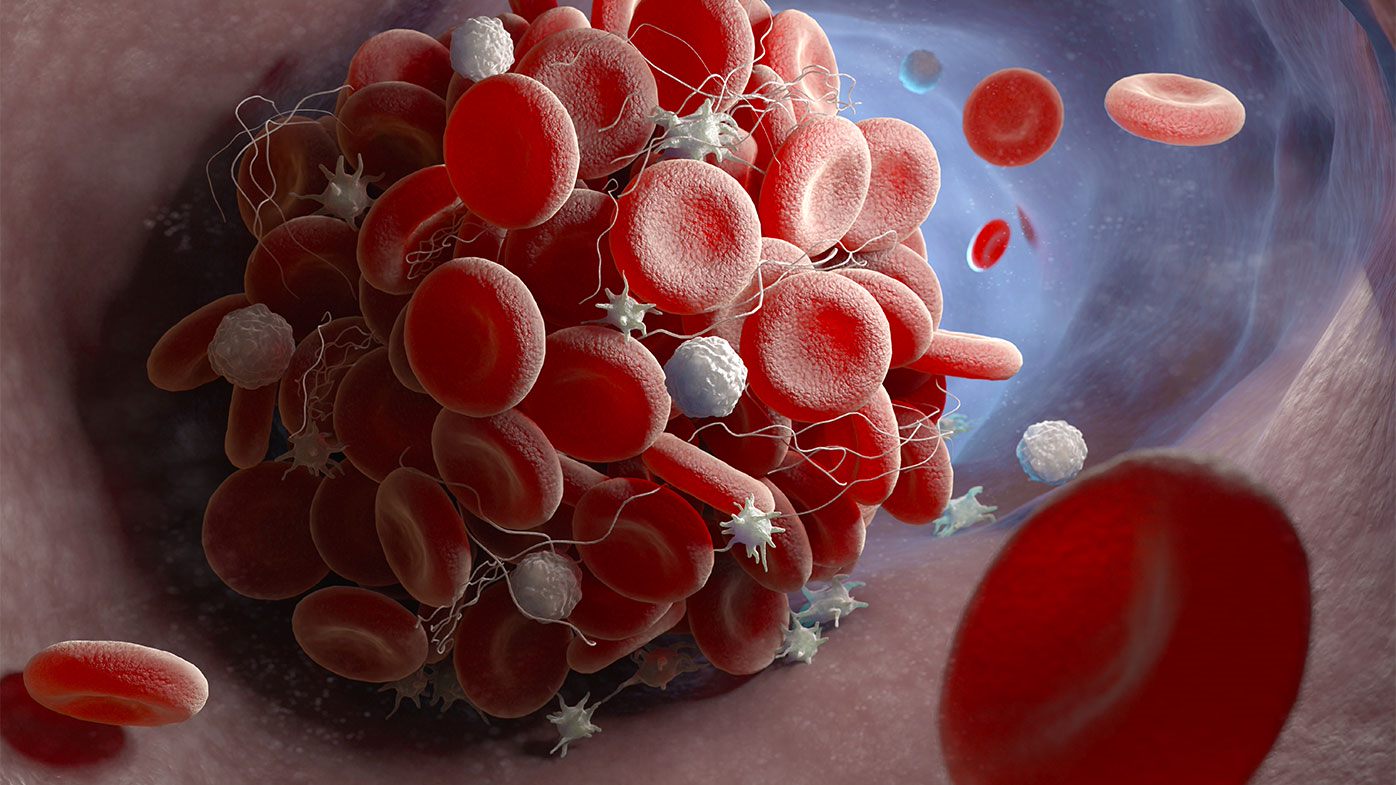
Global Venous Thromboembolism (VTE) Therapeutics Market: Overview, Growth, and Forecast
Venous thromboembolism (VTE) is a critical medical condition including deep vein thrombosis and pulmonary embolism. In fact, it is one of the preventable causes of death in the hospital environment. It has experienced a substantial upsurge.
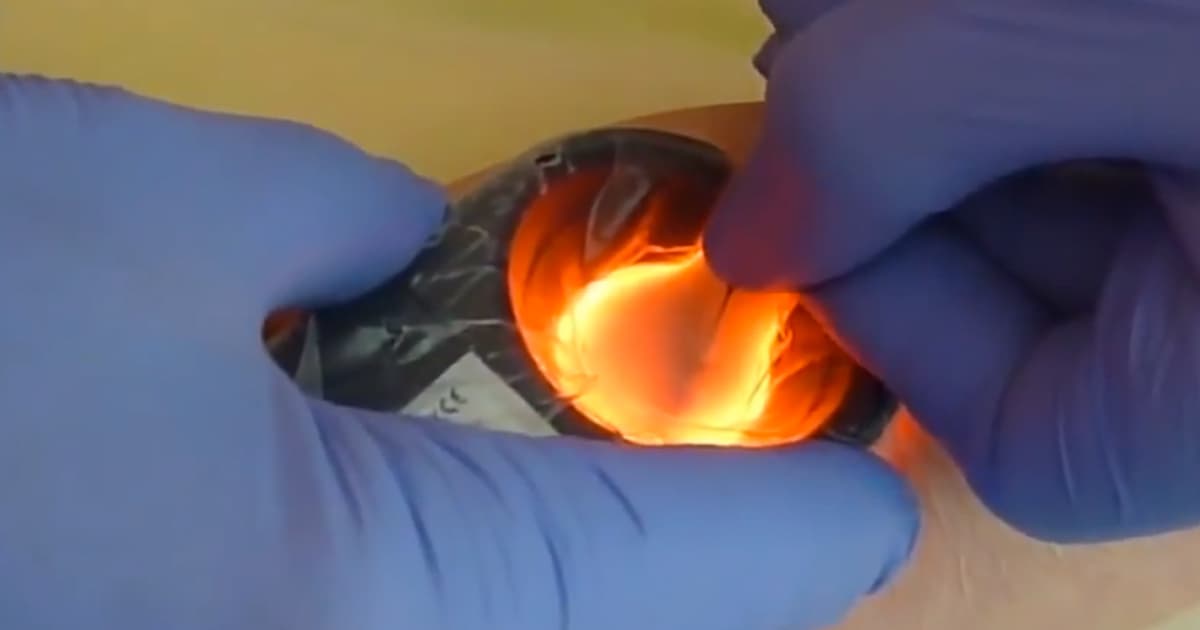
Global Vein Illumination Device Market: Growth and Forecast
The global vein illumination device market is experiencing significant growth, Due to a growing demand for minimally invasive procedures and an increase in chronic diseases, not to mention development in medical technology.

Global Vasculitis Treatment Market: Growth and Forecast
Vasculitis represents a group of disorders involving inflammation of blood vessels. It can affect parts of the body such as the skin, kidneys, lungs, and joints, and without proper treatment it may cause severe morbidity.

Global Fired Heaters Market: Growth and Forecast
The global market for fired heaters is growing at a rapid pace due to increased demand from major industries such as the oil & gas, chemical, and petrochemical sectors. Fired heaters are among the most crucial components of process heating systems.

Global Gas Flares Market Growth and Forecast
The growth in oil and gas production, environmental regulations, and a need for an effective waste gas management system are driving the global gas flares market. Gas flares are a crucial equipment in the oil and gas industry.

Global Steam Reformers Market: Growth, Trends, and Forecast
The steam reformers market is witnessing significant growth due to increased demand for hydrogen in industries like chemicals, refining, and fertilizers.
